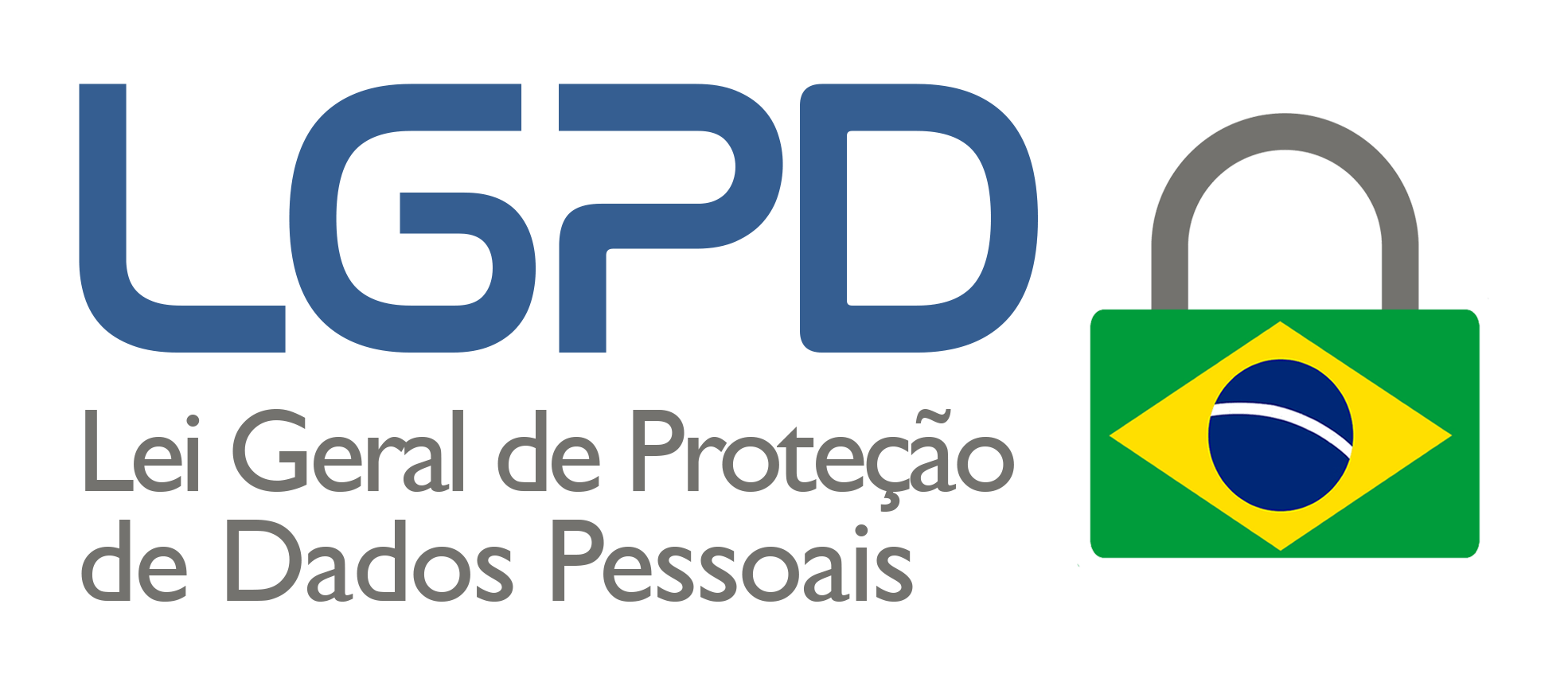Brazil Chemical Sector / Industry
Brazilian Chemical Sector – Perspectives for the Chemical Industry expantion in Brazil
Accounting for 3.3% of total global chemical sector revenues, Brazil was the sixth largest global chemical market in 2019. Throughout the year, the Brazilian chemical market grew its share in the global chemical sector’s revenues by 0.7pp y/y, whilst the global sector’s revenue contracted by 3.4% y/y to USD 3.9tn.
In Brazil, it represents 10% of the industrial GDP (Gross Domestic Product of industries), which makes it the third largest manufacturing segment in the country. The sector is responsible for 2 million direct and indirect jobs.
While Brazil is the ninth biggest economy in the world, its chemical industry is the eighth biggest and has grown substantially since the turn of the millennium as Brazil’s economy has increased in global stature. “Brazil is a natural destination for the world’s chemical industry because it is rich in oil, gas, minerals and rare earths and has much biodiversity,” remarked Marcos de Marchi, chairman of the board of directors, Abiquim, the national trade association for the chemical industry.
Brazil’s chemical industry has annual net sales from domestic production of US$113.5 billion. It also supports 2 million jobs in terms of the whole chemical value chain and 400,000 direct jobs. The recession has unsurprisingly dented the industry’s performance but it has been recovering since 2016, even as the economy was still in free-fall.
Strenght through nature
The chemical sector in Brazil is unique due to strengths in areas such as renewable chemicals, agrochemicals and cosmetics. Brazil is the second largest producer of ethanol fuels, after the United States. As any visitor to Brazil that paid attention will remember, drivers can easily fuel their cars with ethanol at the gas station. “Brazil has such huge potential in biomass and so many cars in Brazil already use bio-ethanol,” commented Maurico Adade, president, Latin America, DSM, the life sciences company and specialty chemical producer.
Since 2010, Brazil’s petrochemical stalwart, Braskem, has been operating a green ethylene plant in Triunfo Petrochemical Complex and it a leader in this field.
Additionally, Brazil has substantial market power in vital chemical application markets. It has an almost 10% share of the global cosmetics market, over 20% share of the agrochemicals market and exploration of oil and gas growth has been expanding fast at a rate of almost 25% in the years 2007-2012.
Growth estimates for the agricultural sector this year range from 9 to 11%, way ahead of the growth rate for the economy.
Indeed, pulp and paper is another area in which Brazil’s industry is one of the world’s largest, aided by the comparatively inexpensive wood costs and the availability of land and water in a sunny climate. Additionally, the food additives for animals market has been noted for its competitiveness, with the country representing 10% of the global market, reflecting its role as one of the world’s top meat exporters.
“When you look ahead, there is a great field of opportunities for the industry, in particular in sectors like pulp and paper, agrochemicals and cosmetics. This is why we have chosen to invest in new capacity and application labs,” remarked Adriano Magalhães, managing director of specialty chemical producer Wacker.
Brazil’s reputation for innovation and its link to the specialty chemical industry has also won plaudits. Notably, most specialty producers are subsidiaries of international giants, such as:
“Compared to other emerging countries, Brazil has a very advanced industry. For example, it is one of the few countries in the world that can produce large aircrafts and remains very receptive to new technologies, even compared to some developed countries,” remarked Eric Schmitt, CEO, Arkema Quimica (Brazil), the Brazilian subsidiary of the global manufacturer in specialty chemicals and advanced materials headquartered in France.
Market Structure
Brazil’s chemical companies occupy leading positions in South America, with only Mexico and Argentina coming close to their scale.
On a net sales basis, industrial chemicals dominate local production, making up for almost 55% of the pie. Fertilizers, which are vital for Brazil’s booming agricultural sector, make up 12.6% of net sales, whilst more specialty chemicals divided across a diverse set of industry applications make up the rest.
Of course, the upstream side of the chemicals market in Brazil would be unfathomable without the presence of PETROBRAS, 64% owned by the state. PETROBRAS in turn owns 47% of Braskem, whilst Oderbrecht, the huge Brazilian conglomerate active in the fields of engineering, construction, infrastructure, industry, real estate and energy, owns 50.1%. Braskem is the largest thermoplastic resin producer in the Americas. currently the largest producer of thermoplastic resins in the Americas and the largest producer of polypropylene in the United States. Its production focuses on polyethylene (PE), polypropylene (PP) and polyvinylchloride (PVC) resins, in addition to basic chemical inputs such as ethylene, propylene, butadiene, benzene, toluene, chlorine, soda, and solvents, among others.
Brazil’s chemical producers are supported by Abiquim which has 191 members representing about 90% of Brazil’s chemicals market. Marchi says of Abiquim’s mission: “Abiquim works to actively promote more competitiveness and sustainable development in the production of chemicals by the industry in Brazil.”
Distributers
Finally, logistic providers also include a mixture of large multinational players and local actors. BDP International, Den Hartogh, Leschaco and Stolthaven Nielsen are all present in Brazil and their services range from third-part logistics providers to trade line consolidation and storage solutions.
Aiding the growth of the industry is a large number of distributors and logistics providers. Major foreign distributors such as Univar, Brenntag and IMCD have a presence in Brazil, whilst the wider market of literally hundreds of distributors also includes many local players, including family-owned and major companies such as MCassab, as well as quantiQ, Brazil’s largest chemical distributor. Associquim is the national trade body for Brazil’s chemical distributors and protects its 90 members’ interests.
Meanwhile, local players such as Ultracargo, a liquid storage company that is part of the Brazilian conglomerate Ultra which also owns chemical intermediaries player Oxiteno, are very much present.
Challenges and Opportunities
“The essential pre-conditions for a successful industry are competitive raw material and energy. Alongside these are good infrastructure and logistics, R&D investment and labor training. We are not competitive enough because we are not performing well on all these five elements,” explained Marchi in 2020.
Recognizing Brazil’s large trade deficit in chemicals and the impact this was having on the competitiveness of local industry, the Brazilian Development Bank, BNDES, commissioned a report by consultants Bain & Company in 2014 to identify the sources behind it and to find answers for what could be done to solve it. Beyond fertilizers, which represent a large chunk of Brazil’s chemical imports, Bain identified cosmetics and personal care, agrochemicals, food additives for animals and chemicals for exploration and production as segments that Brazil imported large quantities but where it had the most potential to improve its local production due to its competitiveness in these areas.
Bain recommended allocating part of Brazil’s pre-salt oil and gas reserves to these competitive areas of the chemical industry; improving the regulatory environment; investment in chemicals produced from biomass; funding for infrastructure that benefits the chemical industry; greater focus on R&D looking at technological challenges facing these segments; and simplifying the tax system.
Whilst some progress has been made on improving access to biodiversity through a law passed in 2015 to encourage its exploitation, advancement in other areas has stalled. “The major challenge now is to bring these proposals back into the agenda of the government as they were in 2014 as the focus of the industry, BNDES and the government has been diluted since the economic and political crisis,” commented Rodrigo Mas, partner, Bain & Company and lead author of the report.

If Brazil’s chemical industry is to be one of the world’s leading lights, this focus must return as the economy improves.
As per DELLOITE report 2020, 6 areas have been identified as sources of opportunities in Brazil:
1. High cost of raw material for petrochemical plants;
2. Energy (disparity of costs compared to other countries);
3. Improvement of efficiency in the rail and roadnetworks and waterways
4. Innovation and Chemistry 4.0 still not fully developed.
5. Foreign trade: Necessary to integrate industry in global value chains.
6. Absence of a Regulatory Framework that meets the diversity and complexity of the chemical industry
Those points will be further expanded in next Business Cases from MEREGE.
Unfolding relationships previously developed, MEREGE partners were able to quickly build a specific network that would permeates the capillarity of TELECOM & IT, plus AEROSPACE & DEFENSE sectors.
If those business opportunities would suit your interest, MEREGE would be more than glad to bridge you into this arena.
Further more, MEREGE Legal & Regulatory team has a long and vast knowledge plus the legal experience on the related sectors, hence able to help your company to set a safe and strong grip to those promissing markets.
Always count on MEREGE Consulting Partners to reach out to the right people at the right time.




